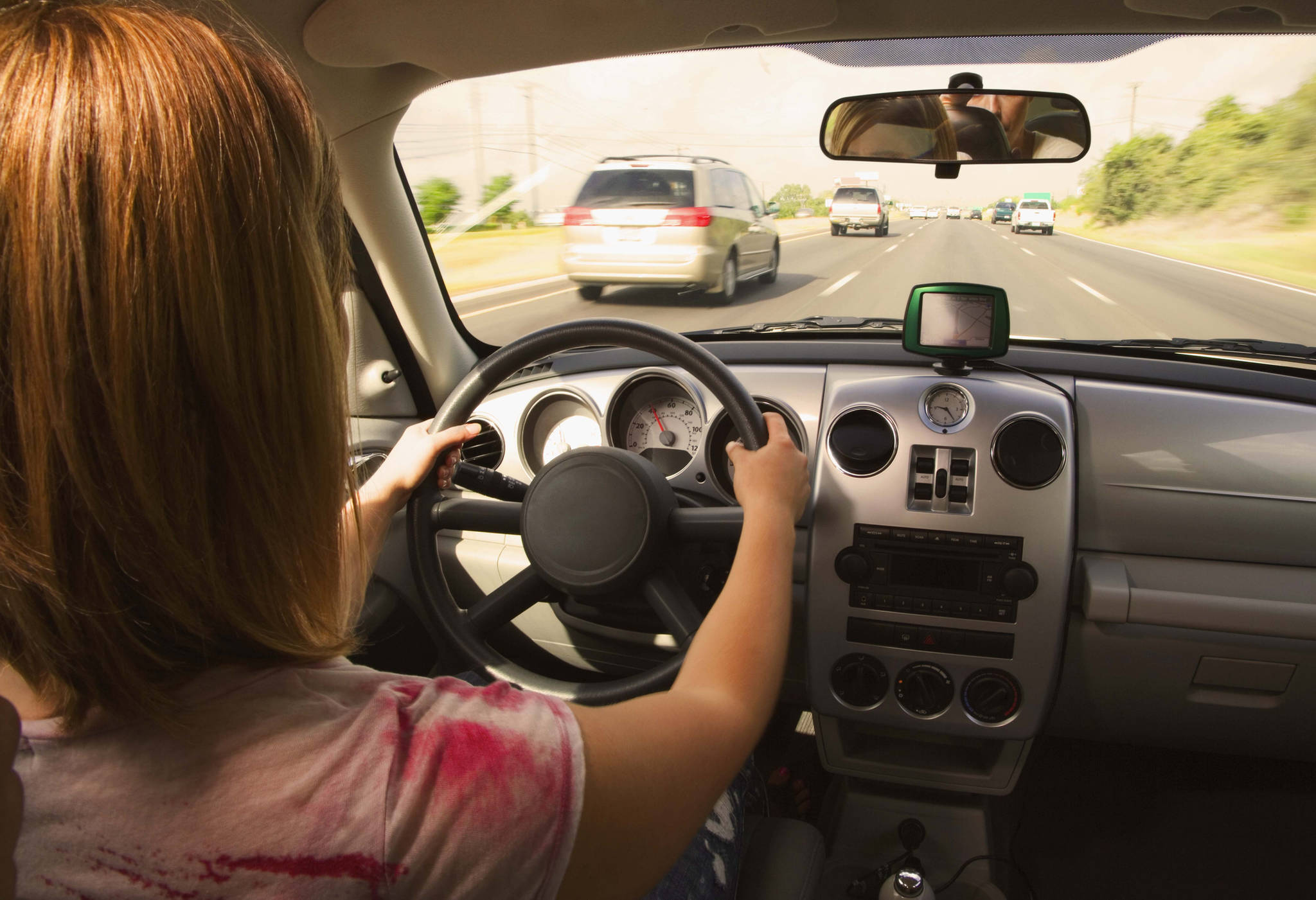Alaska’s future with Uber is in the hands of Gov. Bill Walker.
On Wednesday, the Alaska Senate voted unanimously to approve House Bill 132, which had previously been approved by the Alaska House.
If it is signed into law, Alaska will be the last state in the United States to permit ride-sharing companies. Walker has 15 days to consider the bill once it is officially presented to him. He may veto it, sign it into law, or let it become law without his signature.
After that, it will be up to ride-sharing companies to activate their service in Alaska.
“I’m elated,” said Sen. Mia Costello, R-Anchorage and the proposal’s Senate backer, after the vote, “and I think that Alaskans want bipartisan, bicameral cooperation on jobs bills. This doesn’t get any better than that.”
HB 132 was the work of Rep. Adam Wool, D-Juneau, but Costello turned the key on Uber this year with Senate Bill 14, which was stymied by political maneuvering before it reached the House floor.
When that happened, Wool’s measure advanced through the House, then to the Senate and Wednesday’s final vote.
That vote took place after the Senate’s Democratic Minority suggested three amendments to change the bill. All were rejected, including one from Sen. Dennis Egan, D-Juneau, that would have benefited the capital city.
Under the bill, the state may negotiate deals with ride-sharing companies interested in serving state-owned airports, including Anchorage’s Ted Stevens International. The Alaska Department of Transportation and Public Facilities could gain thousands of dollars per year by selling exclusive rights to a particular company.
Juneau’s airport is owned by the City and Borough of Juneau, not the state, so the capital city won’t have that ability to negotiate.
While Egan’s amendments failed, the Uber bill headed to Walker’s desk includes a number of features that weren’t in Costello’s original proposal.
For one, communities can now forbid Uber, Lyft and similar companies, if a majority of residents approves a ban in a general election.
Another section requires drivers to be at least 21 years old, while still another measure requires that any car used by a ride-sharing company be newer than 12 years old.
Sen. Bill Wielechowski, D-Anchorage, was one of several senators who opposed the Senate’s version of the bill. In an impassioned floor speech, he said companies like Uber and Lyft were encouraging a race to the bottom with regard to the way they treat employees.
Despite that sentiment, he voted in favor of HB 132 on Wednesday.
“Don’t let perfect get in the way of good,” he said after the vote, adding that future changes could make the industry still better.
For her part, Costello credits Wool’s work.
“His staff made it a better bill,” she said of the changes wrought since SB 14 passed.
“This allows many Alaskans to have a job on their own time in their own car, with that flexibility,” she said.
As for what the governor might do, Costello said she hasn’t talked to him yet, “but I think I will.”
Contact reporter James Brooks at james.k.brooks@juneauempire.com or call 419-7732.

